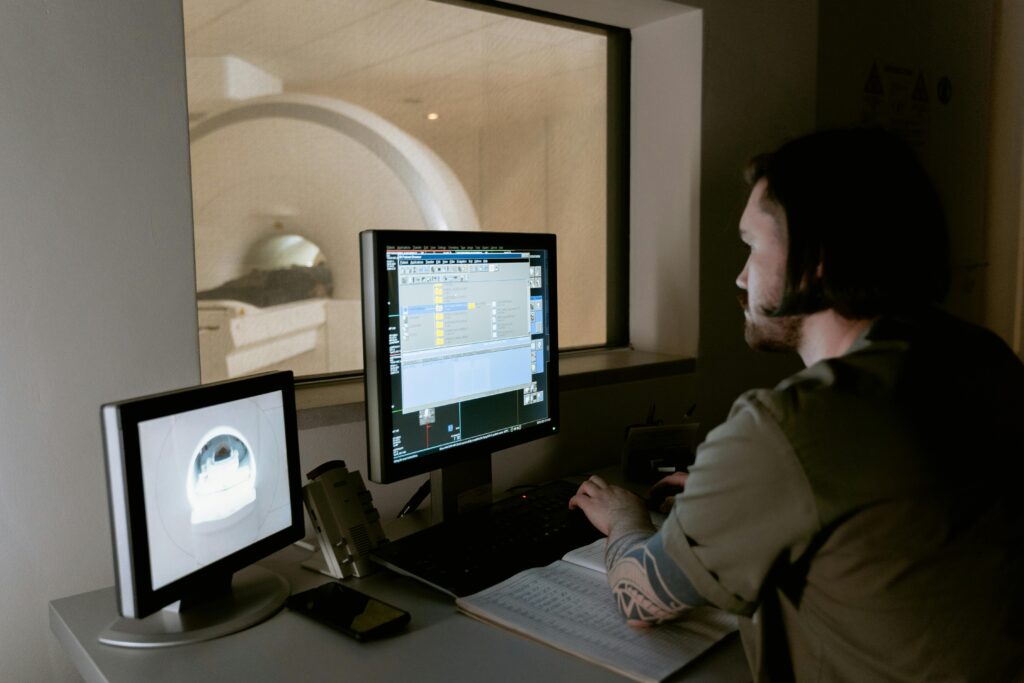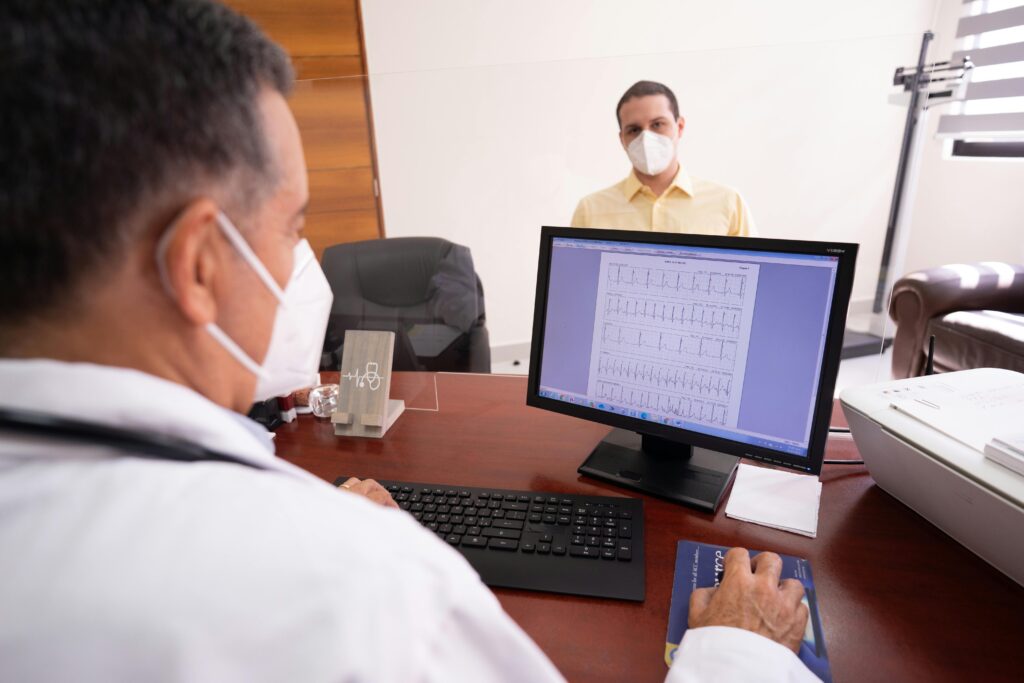Healthcare organizations rely on Electronic Health Records (EHR) systems to manage patient data, streamline workflows, and enhance care quality. Managed IT services can significantly boost the performance of EHR systems by optimizing hardware, software, and network configurations. By ensuring that these critical systems run smoothly, healthcare providers can reduce downtime, enhance data processing speeds, and improve overall system responsiveness. This proactive approach minimizes disruptions and maximizes the availability of patient information.
Boosting Usability and User Experience
Usability is key when it comes to EHR systems. Managed Service Providers (MSPs) work closely with healthcare teams to tailor EHR systems to meet specific operational needs. This includes customizing interfaces, streamlining data entry processes, and integrating EHRs with other critical healthcare applications. By focusing on user experience, MSPs help clinicians save time on administrative tasks, allowing them to spend more time on patient care. Enhanced usability also reduces errors, improving the accuracy of patient records.
Strengthening Security and Compliance
EHR systems handle sensitive patient information, making security a top priority. MSPs implement advanced security measures, including encryption, multi-factor authentication, and regular security audits, to protect EHR data against cyber threats. In addition, MSPs ensure that healthcare organizations remain compliant with regulations such as HIPAA, safeguarding patient privacy and avoiding costly penalties. With managed IT services, healthcare providers can confidently maintain the integrity and confidentiality of their patient data.

Scalability for Growing Practices
As healthcare practices expand, so do their IT needs. MSPs provide scalable solutions that allow EHR systems to grow alongside the organization. Whether adding new users, integrating additional data sources, or expanding storage capacity, managed IT services ensure that EHR systems can adapt without compromising performance. This scalability enables healthcare providers to meet increasing demands without significant overhauls or disruptions.
24/7 Support and Monitoring
EHR systems are critical to day-to-day healthcare operations, and downtime can directly impact patient care. MSPs offer 24/7 support and monitoring, quickly addressing any technical issues that may arise. This around-the-clock support ensures that healthcare organizations have access to expert assistance whenever needed, keeping EHR systems running efficiently. Continuous monitoring also allows MSPs to identify potential issues before they become major problems, reducing the risk of system outages.
Future-Proofing with Managed IT Services
Technology in healthcare evolves rapidly, and keeping EHR systems up-to-date is essential for maintaining their effectiveness. MSPs provide ongoing updates, patches, and upgrades, ensuring that EHR systems are always running the latest technology. By partnering with managed IT Specialists, healthcare organizations can stay ahead of technological advancements, ensuring that their EHR systems remain efficient, secure, and ready to meet future challenges.




